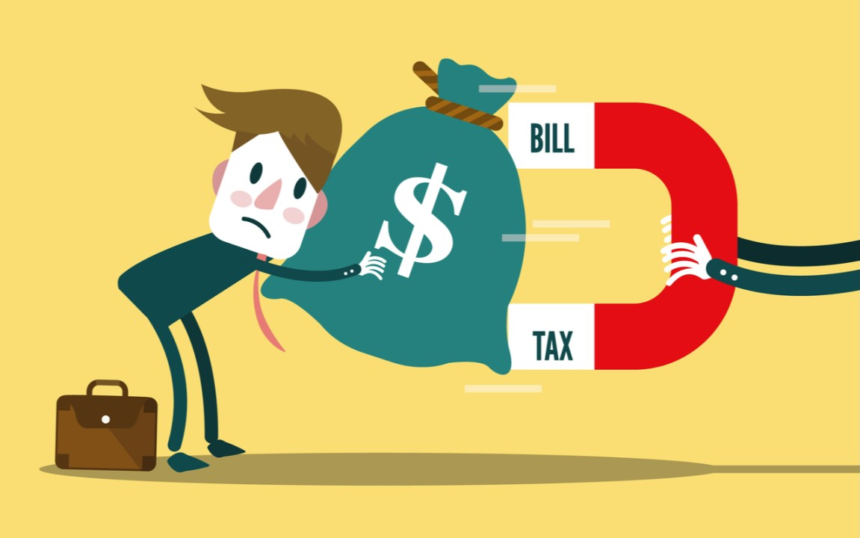In today’s dynamic financial landscape, effective tax planning is crucial for individuals and businesses aiming to maximize their wealth while minimizing tax liabilities. Understanding tax planning and its intricacies can lead to better financial management and significant savings in the long run. This guide aims to equip you with essential knowledge of tax planning as we approach the tax year 2025, enabling you to make informed decisions regarding your finances and tax obligations.
Understanding Taxes
Taxes serve as funds collected by the government from citizens and organizations to finance public services such as infrastructure, education, healthcare, and security. This mandatory financial obligation ensures that our society runs smoothly and supports essential services that benefit everyone. The amount of tax an individual pays typically correlates with their income level, with government bodies implementing a structured tax system to collect these funds efficiently.
What is Tax Planning?
Tax planning refers to the strategic approach of assessing your financial situation to minimize tax liabilities legally. It involves analyzing income, expenditures, investments, and available deductions to create a personalized financial roadmap that ensures you pay the least amount of tax possible. Proper tax planning can lead to significant savings, allowing you to reinvest those funds into further wealth-generating opportunities.

Objectives of Tax Planning
- Tax Savings: The primary goal is to minimize tax payments made to the government.
- Wealth Creation: Engage in tax-efficient investments that yield returns.
- Compliance: Ensure adherence to tax regulations to avoid penalties and legal issues.
- Future Security: Establish financial security through retirement savings and various insurance options.

The Importance of Taxes
Paying taxes is not merely a financial obligation; it is a civic duty that contributes to the country’s growth and development. A healthy economy thrives on well-funded public services that enhance the quality of life for citizens. Taxes collected are directed towards improving infrastructure, healthcare services, and educational programs, which all contribute to a higher standard of living and overall societal welfare.

Benefits of Effective Tax Planning
- Maximizes disposable income, allowing for increased savings and investments.
- Ensures better financial security and preparedness for unforeseen expenses.
- Contributes to long-term wealth creation and financial growth.
- Enhances compliance with tax regulations, reducing the risk of legal penalties.
Managing Finances While Paying Taxes
To effectively manage your finances while fulfilling tax obligations, consider the following tips:
- Understand Tax Laws: Familiarize yourself with current tax rules and regulations to make informed financial decisions.
- Invest in Tax-Saving Instruments: Utilize options like PPF or NPS to minimize tax outflows.
- Claim Deductions: Take advantage of eligible deductions for healthcare, home loan interests, and other expenditures.
- File Returns Timely: Ensure timely tax filings to avoid penalties and establish credibility with financial institutions.

It is advisable to consult a tax professional to ensure accurate and timely tax filings, as they possess detailed knowledge of tax laws and strategies. By understanding what tax planning involves, you can take proactive steps to manage your finances effectively, reduce tax liabilities, and secure your financial future. Stay updated with Matlabi News for the latest insights on finance, entertainment, and lifestyle trends.
You May Also Like
Who is Sahiba Bali? Samay Raina’s girlfriend and everything about her in 2024.
Shafaq Naaz Biography: TV shows, net worth, and more in 2024.
Satish Ray: Age, biography, shows, family, net worth, and more.
